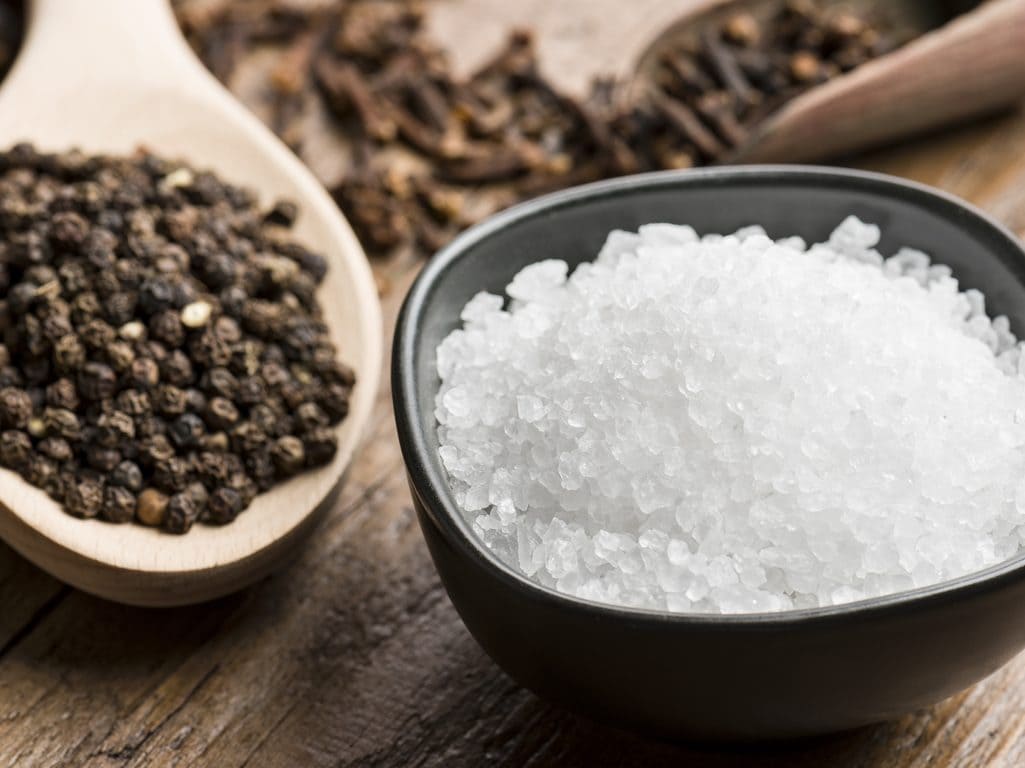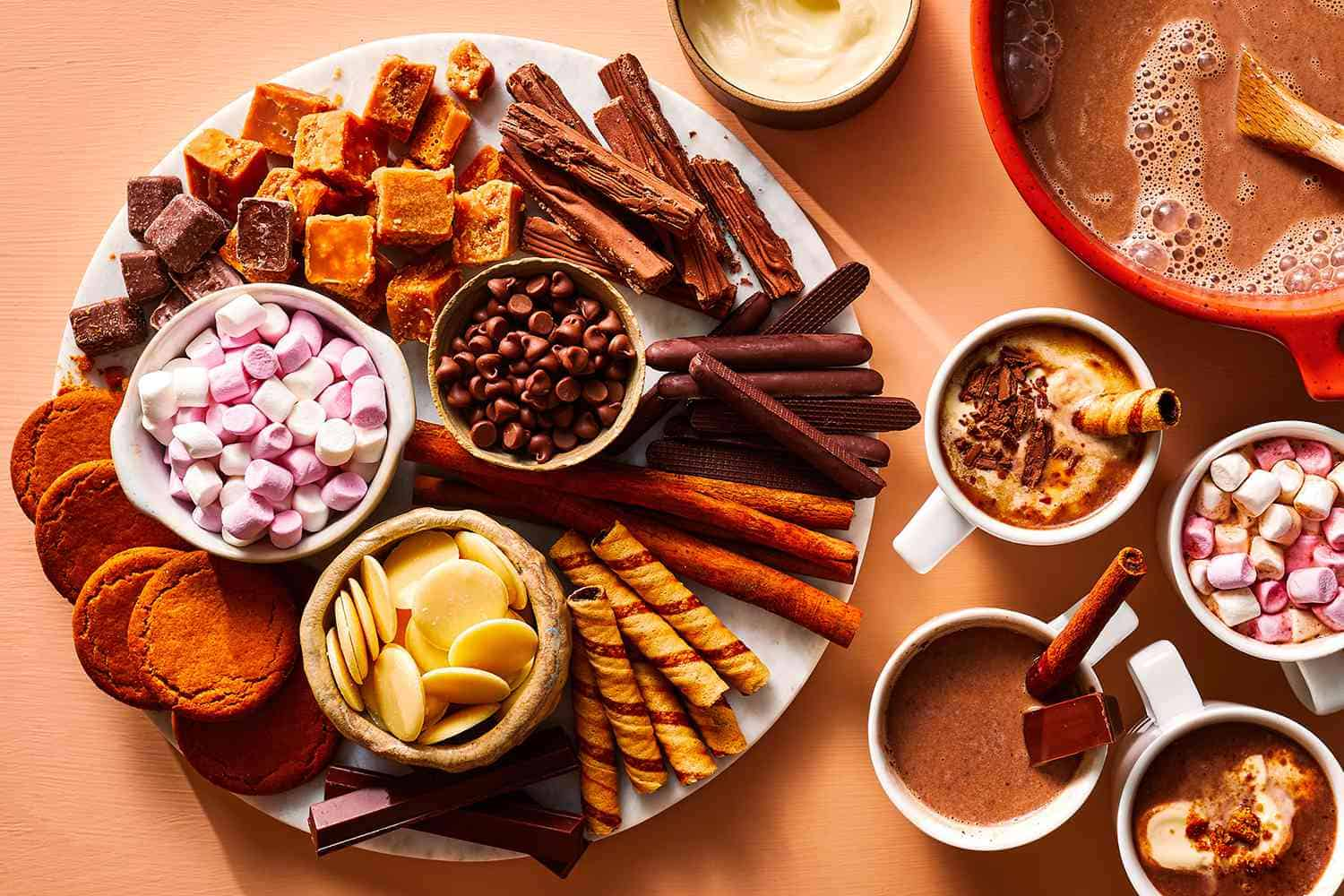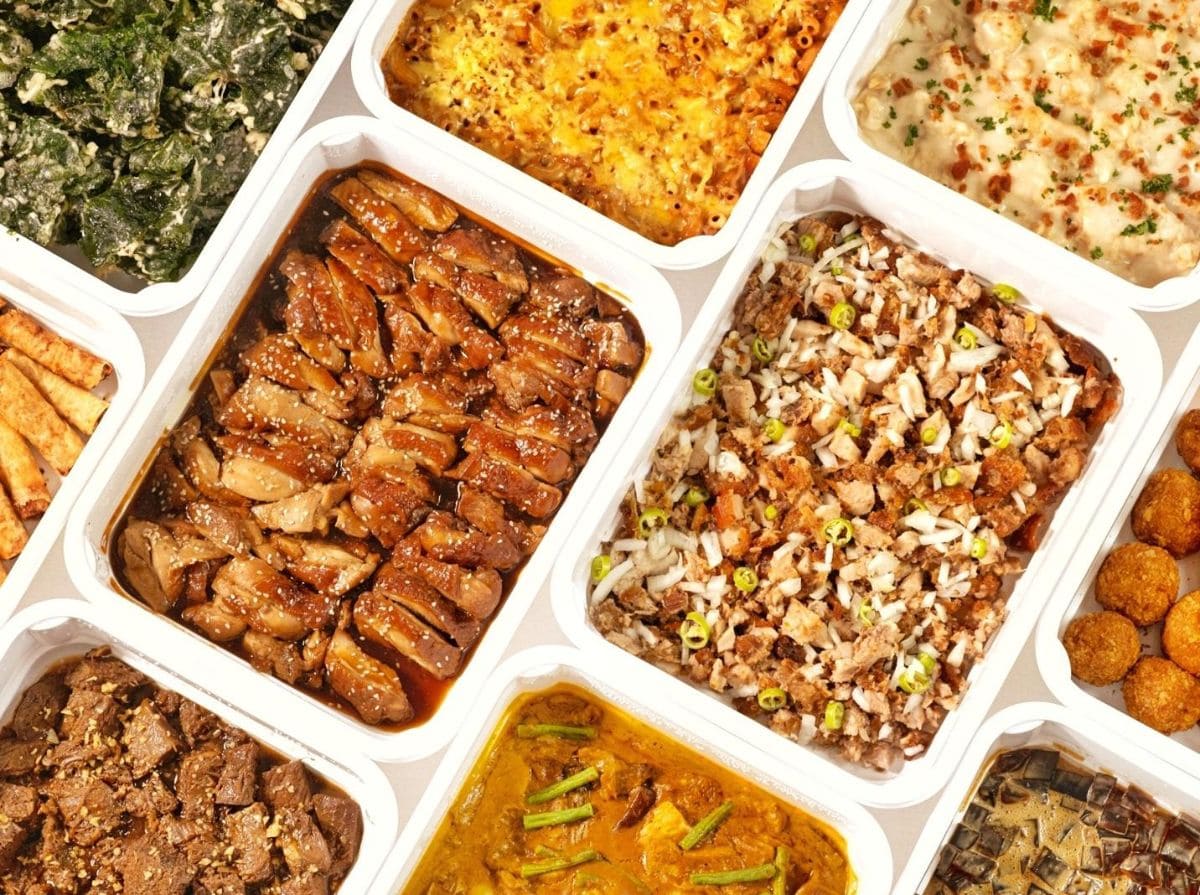Introduction
Cooking is both an art and a science, with each ingredient playing a unique role in creating the perfect dish. Among the many ingredients that contribute to the culinary experience, salt and pepper stand out as essential components in almost every kitchen around the world. These two simple seasonings have the power to transform an ordinary dish into an extraordinary one, enhancing flavors, balancing tastes, and bringing out the best in other ingredients. Understanding the science and art behind salt and pepper can elevate your cooking skills and help you create more flavorful meals. In this article, we will explore how salt and pepper transform dishes, delving into their individual properties, their impact on taste, and the techniques for using them effectively.
The Role of Salt in Cooking
Salt is one of the most basic and ancient seasonings, used not only for flavor but also for its preservative properties. Its importance in cooking is rooted in its ability to enhance flavors, improve texture, and balance other tastes. Here’s how salt works its magic:
1. Enhancing Flavor
Salt is a flavor enhancer. It works by suppressing bitterness and bringing out the natural sweetness and umami flavors in food. This enhancement is due to salt’s ability to reduce the perception of bitterness on the taste buds, allowing other flavors to shine. For example, a pinch of salt in a tomato-based sauce can make the sauce taste sweeter and more vibrant by accentuating the natural sugars in the tomatoes.
2. Balancing Taste
Salt plays a critical role in balancing flavors in a dish. It can counteract bitterness and acidity, making it an essential ingredient in recipes with sour components like lemon juice or vinegar. Additionally, salt can help to round out the flavors in sweet dishes, such as cookies or caramel, by balancing the sweetness and adding depth.
3. Improving Texture
In baking, salt strengthens the gluten structure in doughs, which can affect the texture of baked goods. It also helps retain moisture, keeping bread and cakes tender. In meat dishes, salt can be used as a brine to improve texture and juiciness by breaking down muscle fibers and allowing moisture to be absorbed.
4. Preserving and Drawing Out Moisture
Salt is a natural preservative, used for centuries to cure meats and preserve vegetables. It draws moisture out of foods through osmosis, creating an environment that is inhospitable to bacteria. This moisture-drawing capability is also utilized in cooking techniques like dry-brining, where salt is rubbed onto the surface of meats to improve flavor and texture.
The Influence of Pepper
While salt enhances and balances flavors, pepper adds complexity and depth. Often paired together, salt and pepper work in tandem to elevate dishes. Here’s how pepper contributes to cooking:
1. Adding Heat and Depth
Pepper adds a distinct heat and depth to dishes, with its pungency varying depending on the type of pepper used. Black pepper, the most common variety, offers a sharp and earthy heat that complements a wide range of dishes. White pepper, with a milder flavor, is often used in light-colored sauces and dishes where the visual presence of black specks is undesirable. Green and pink peppercorns offer different flavor profiles, adding unique notes to dishes.
2. Enhancing Aroma
Pepper is valued not only for its heat but also for its aromatic qualities. The essential oils in peppercorns release a fragrant aroma when ground, adding an additional sensory dimension to food. This aromatic quality can enhance the overall dining experience, making dishes more appealing and appetizing.
3. Complementing Other Spices
Pepper complements a wide variety of spices and herbs, making it a versatile ingredient in spice blends. In cuisines around the world, pepper is often combined with other spices to create complex flavor profiles. For example, it is a key component in garam masala, a blend used in Indian cuisine, and in Chinese five-spice powder.
4. Stimulating Digestion
Beyond its culinary uses, pepper has been used in traditional medicine to aid digestion. It stimulates the production of digestive enzymes and increases gastric acid secretion, which can help improve digestion and nutrient absorption.
Techniques for Using Salt and Pepper
To maximize the flavor-enhancing properties of salt and pepper, it’s important to use them effectively. Here are some techniques and tips for incorporating these seasonings into your cooking:
1. Seasoning Throughout the Cooking Process
One common mistake is adding salt and pepper only at the end of cooking. Instead, season dishes throughout the cooking process to build layers of flavor. Adding salt at different stages allows it to penetrate ingredients and enhance flavors more effectively.
2. Understanding Different Types of Salt
Different types of salt have different properties and uses. Table salt is fine-grained and dissolves quickly, making it suitable for baking. Kosher salt, with its larger crystals, is ideal for seasoning meat and vegetables. Sea salt and Himalayan pink salt offer unique flavors and textures that can be used as finishing salts to add a final touch to dishes.
3. Grinding Fresh Pepper
For the best flavor, grind pepper fresh using a pepper mill. Pre-ground pepper loses its potency and aroma over time. Adjust the coarseness of the grind to suit the dish; finer grinds work well in sauces, while coarser grinds add texture to salads and meats.
4. Tasting and Adjusting
Taste your dishes as you cook and adjust the seasoning accordingly. The amount of salt and pepper needed can vary depending on the ingredients and the desired flavor profile. Remember that it’s easier to add more seasoning than to fix an over-salted or over-peppered dish.
Conclusion
Salt and pepper may seem like humble seasonings, but their impact on cooking is profound. They are essential tools for enhancing flavors, balancing tastes, and adding depth to dishes. By understanding their properties and mastering the techniques for using them, you can unlock the full potential of your culinary creations. Whether you’re preparing a simple salad or an elaborate gourmet meal, salt and pepper are the keys to transforming ordinary ingredients into extraordinary dishes. So, next time you step into the kitchen, remember the power of these two essential seasonings and let them elevate your cooking to new heights.
4o





